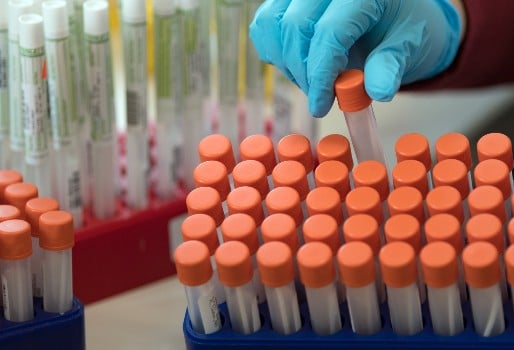The Robert Koch Institute (RKI) confirmed on Thursday morning that health authorities had registered 19,990 new cases of the virus in the past 24 hours, beating the previous record of just over 19,000 which was reached last Saturday.
The number exceeded the prediction Chancellor Angela Merkel made at the end of September that cases could grow to over 19,200 daily by Christmas.
A further 118 people have died with or of the virus in the past day, putting the total number of deaths since the start of the pandemic at just under 11,000.
The good news from the RKI’s daily report though is that the so-called R number – the estimate of how many people an infected person passes the virus on to – has dropped below one.
The R number reported on Thursday was 0.81, dropping down from 0.94 on Wednesday. This value paints a picture of the rate of infection roughly ten days ago.
If the R number remains below one for a sustained period of time then the number of daily infections will also gradually decrease.
There are currently 2,546 Covid-19 patients in intensive care across the country, an increase of 158 on the previous day.
There are still 7,000 free intensive care beds across the country, with an additional reserve capacity of 12,700. However there has been concern raised in recent days that there are not enough qualified nurses to man all the beds.
READ ALSO: 'Worse than spring': German hospitals fear record number of coronavirus patients



 Please whitelist us to continue reading.
Please whitelist us to continue reading.
If the R rate is below 1 then why do we still have restrictions in our daily lives?